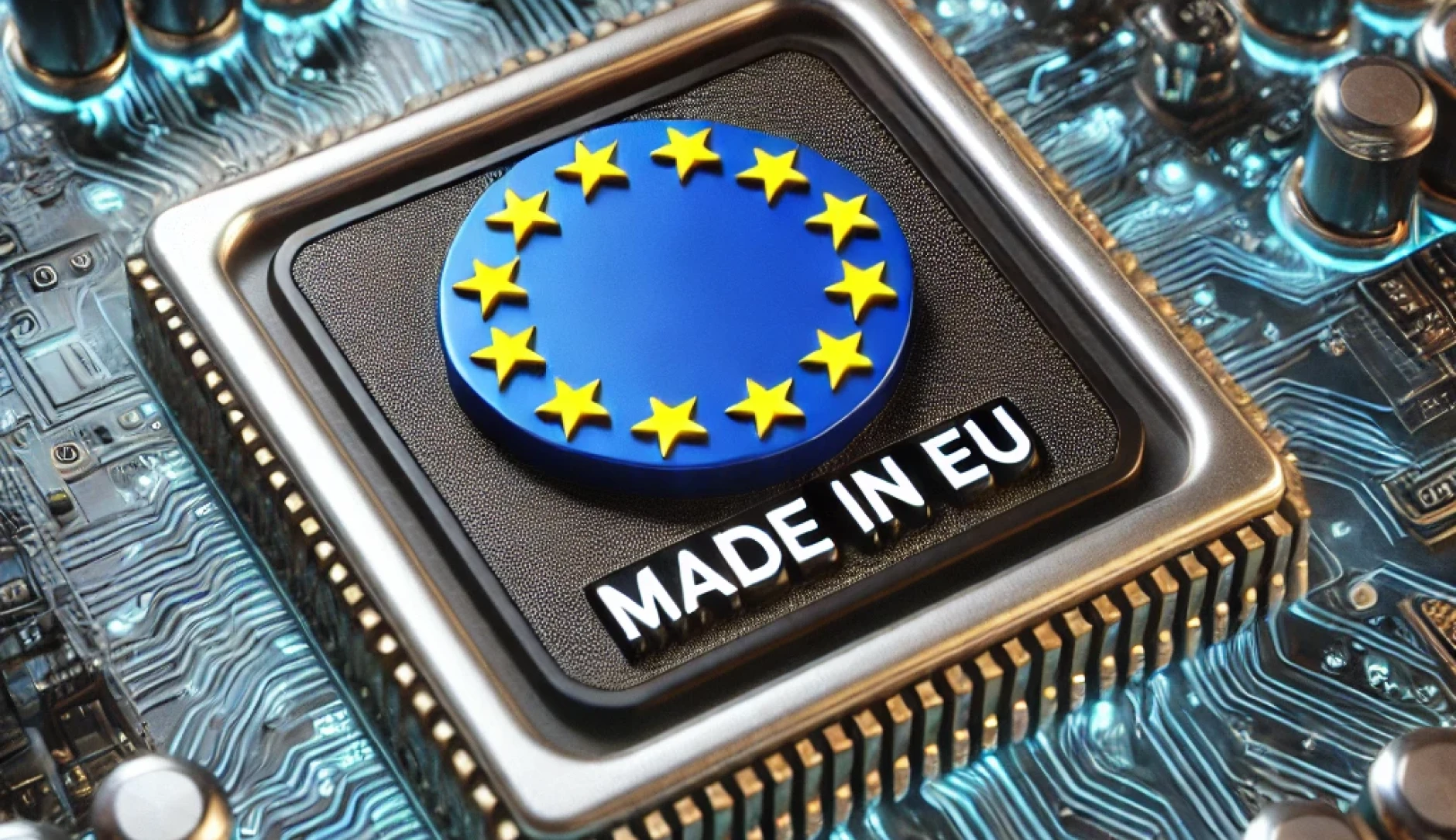Draghi or why we need to think outside the national box
It has been a few days since Mario Draghi published his report on competitiveness in Europe. Reactions varied from raised eyebrows to the German liberals hyperventilating as the report suggested that Europe's innovation gap, decarbonisation and secure supply chains required increasing the contributions to the European Union to 4-5% of GDP up from its current level of a meager 1.5%.
The report went even further and asked for fundamental reforms to the architecture of the European Union including

Draghi or why we need to think outside the national box
It has been a few days since Mario Draghi published his report on competitiveness in Europe. Reactions varied from raised eyebrows to the German liberals hyperventilating as the report suggested that Europe's innovation gap, decarbonisation and secure supply chains required increasing the contributions to the European Union to 4-5% of GDP up from its current level of a meager 1.5%.
The report went even further and asked for fundamental reforms to the architecture of the European Union including moving to qualified majority voting instead of giving member states a veto on important decisions and removing unnecessary bureaucracy which has become the staple of Ursula von der Leyen's Commission presidency. Seemingly to not cause too much of a stir and media echo, the report has been hushed away a mere 24 hours later with barely any more mentions in the media or by governments in the 27 member states.
Preferring a declining status quo to a more federal Europe
Should we wonder about this silence? Of course not. It is to be expected because the barrage of proposals made by the Draghi report would require modifying treaties and providing the EU not only with more budget, but also with more competences.
No matter whether you're Olaf Scholz in Germany or Robert Golob in Slovenia - national political leaders will protect the national status quo and powers. Even if it means that Europe as a whole suffers from our economies falling behind the United States and China and, as stated in the report, tough choices having to be made, because a declining economy cannot contribute to climate neutrality, becoming a leader in new technologies and protecting our social welfare state.
Alone, we can neither be sovereign nor competitive on the global market. Just like Germany and France depend on the European Union's economies of scale and market, so does Slovenia with our GDP in large parts stemming from exports and most of these exports going into our neighboring European partners. Mario Draghi, for example, suggests reducing bureaucratic red-tape and simplifying access to EU member states. In the United States you can easily sell your products in all 50 states. In Europe, even though we call it a Union, it is still not straightforward and increasing market accessibility would also directly benefit the Slovenian economy because of its focus on exports.
To succeed today, politics needs to think beyond national borders
We should demand our government to not hide this report asking for more Europe at the bottom of a drawer just because more Europe means an adjustment of competences. Let's not forget, that Slovenia is playing a part of this Europe: we're electing eurodeputies to the European Parliament and we're about to also have one commissioner appointed - the EU's equivalent of ministers.
Slovenia can play a role in working towards the Europe, that Mario Draghi proposes. It is actually not a delegation of competences, but a change of perspective for the Slovenian representatives on European level: we need to think beyond our national borders to succeed today. Not only in terms of economic competitiveness. The silence after the report means that our national political parties are not ready for this change of mindset. And why should they? Their center of attention is the national level.
If we want to ensure the future competitiveness of our economies, the stability of our societies faced with not only climate but also demographic change and remain a strong voice on the global political stage, we need to work together. We need to think European and to do so, we need European political parties. Volt Europa is the first European political movement (European political parties do not exist yet), active in all EU member states. Volt has a European programme developed by members from Finland to Portugal and from Slovenia to Ireland. We think European and push for our ideas on a national and local level.
We must strive for a change of mentality towards thinking outside of our national box - we need to think European and we should use reports such as the one from Mario Draghi to nudge our societies into this direction. It is more urgent than ever.
Author: Sven Franck